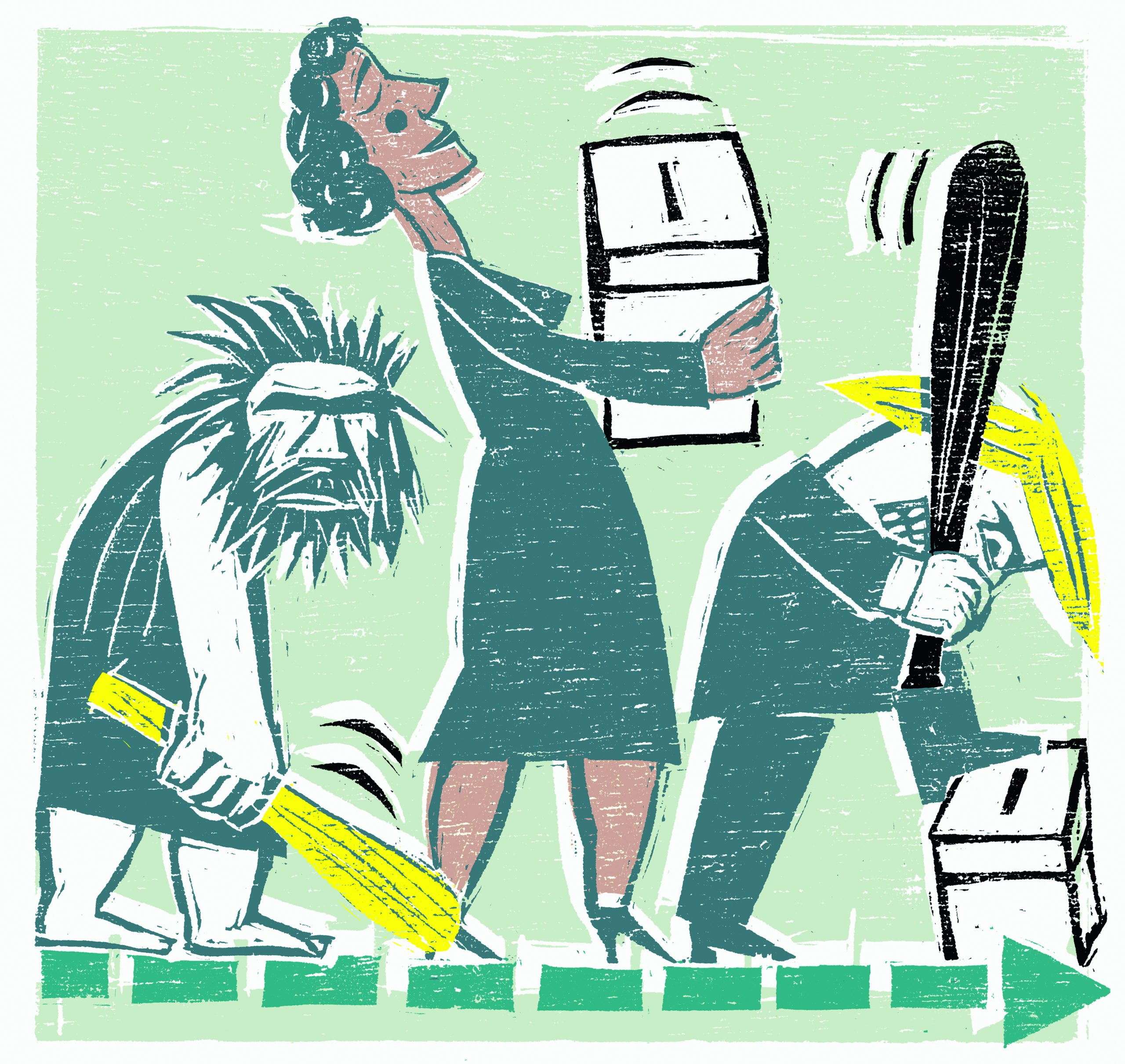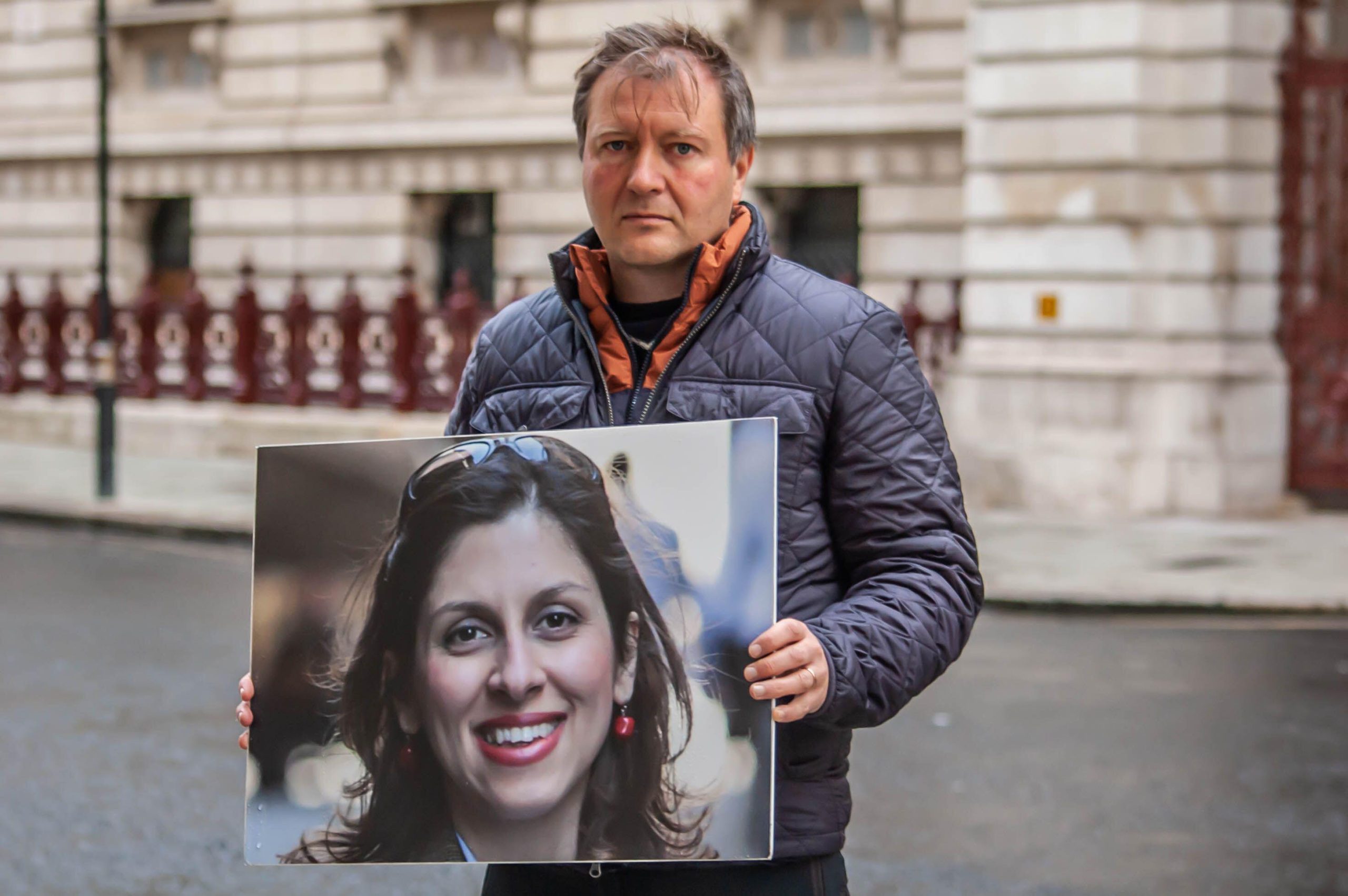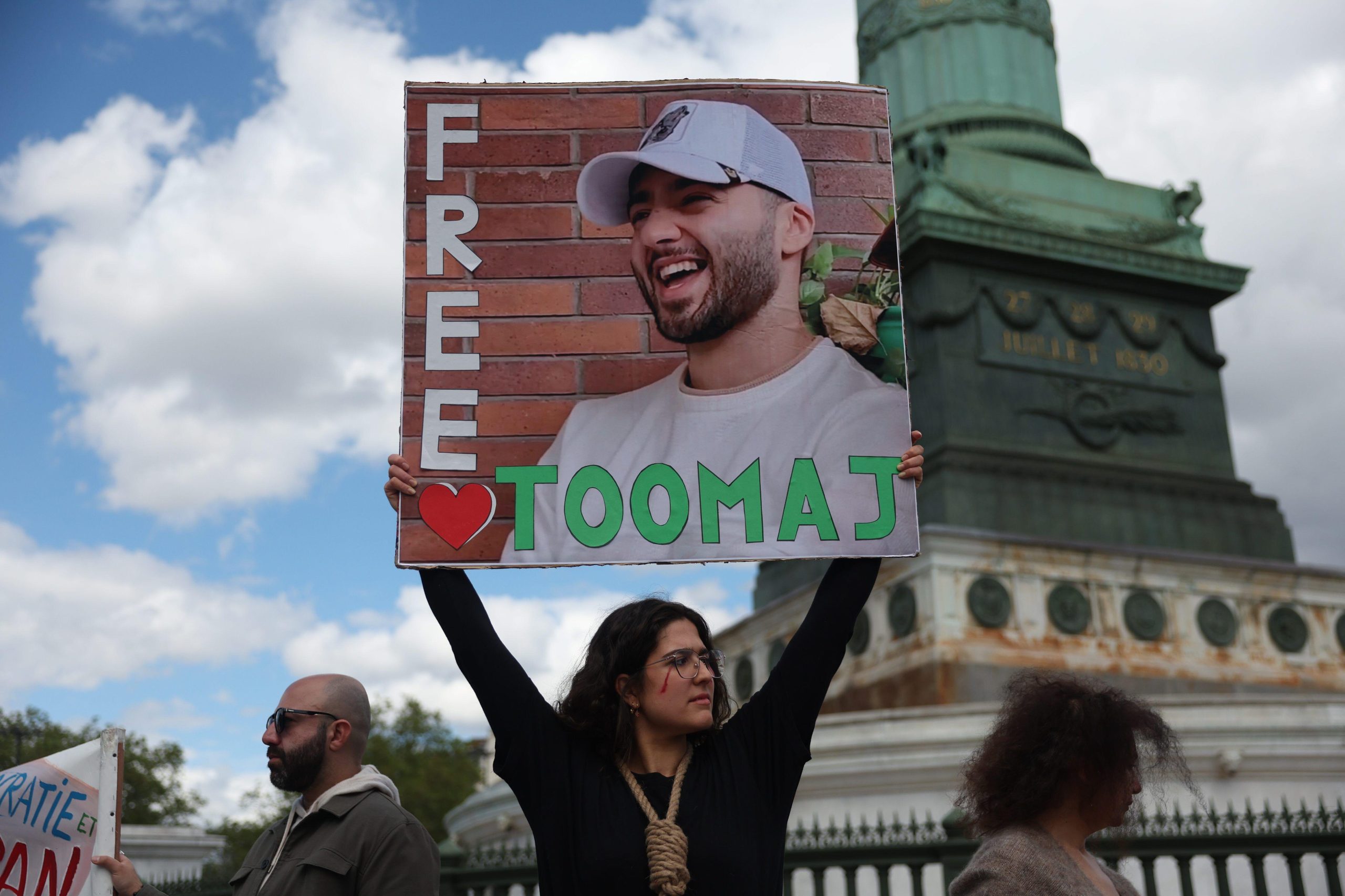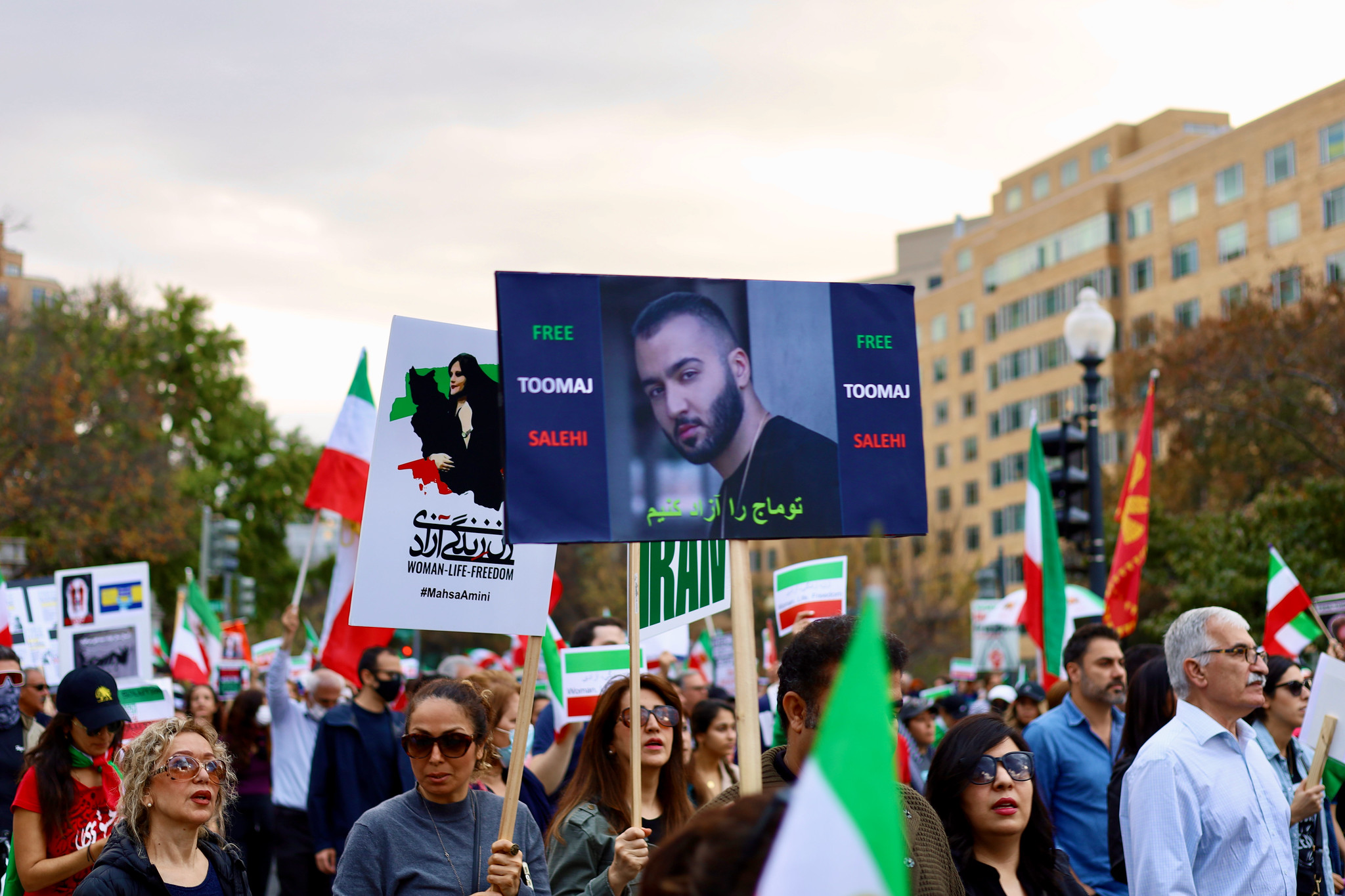 Aung San Suu Kyi could be the Burmese regime’s greatest ally. The sentence today signals a missed opportunity as well as a travesty of justice, says Maung Zarni
Aung San Suu Kyi could be the Burmese regime’s greatest ally. The sentence today signals a missed opportunity as well as a travesty of justice, says Maung Zarni
At around 7:30 AM in London (around noon in Rangoon) this morning, the farcical trial inside Burma’s notorious Insein Prison reached its climax. A journalist friend of mine who was allowed in the court room to help garnish the image of the trial as a proper legal process sent me an exasperated email.
According to her, just as the court pronounced the expected guilty verdict and meted out respective sentences for all four — Aung San Suu Kyi and her two female companions, and John Yettaw, the uninvited and deluded American intruder — the audience was asked to remain in their seats. For the Burmese junta’s pseudo-legal “due process” could end only with the divine intervention of Burma’s Senior General Than Shwe, infamous for, among other things, his royal pretensions, inspired by the behaviour of benevolent Buddhist monarchs of bygone centuries. This final act blew even the court’s own pretension of the trial being a proper legal process.
Under order from his royal boss in the new capital Nay Pyi Taw, or “the Abode of the Kings”, Home Affairs Minister Brigadier Maung Oo, the hand-picked messenger on this sordid occasion, read out the statement which commuted Aung San Suu Kyi’s three-year sentence of imprisonment to 18 months under house arrest, with all the rights and privileges. Aung San Suu Kyi will be allowed to watch the two state-run TV channels — MRTV (Myanmar TV) and Myawaddy (special propaganda channel for the military personnel and their families) — which broadcasts the news of the junta striving towards democracy and development and making significant strides. If she behaves and abides by the new legal restrictions this time, the statement from the Office of the Senior General in effect suggested that he will further show his magnanimity and that she may be “amnestied” soon.
A few years ago a high-ranking Burmese military officer asked me while I was in Rangoon as “a guest of the State”, “Is Daw Aung San Suu Kyi the only one who can bring peace and democracy to our country?” After hearing the verdict this morning it suddenly dawned on me what might have motivated the officer to ask me that leading question.
Aung San Suu Kyi may be a 64-year-old widow in captivity, but her mere existence, not to mention her physical and political freedoms, poses a profound threat to Senior General Than’s delusions of grandeur — to build his personal legacy as the Royal General who gave the Burmese peace, prosperity and democracy.
If Senior General Than Shwe’s ultimate, hidden desire at the ripe old age of 76 is to give the Burmese instant democracy — or “discipline flourishing democracy” he calls it — and to be remembered as the Burmese “Fidel V. Ramos”, his policies, behaviour and leadership paint a radically difficult picture.
I once asked Fidel Ramos, former president of the Philippines and general of that country’s internal security forces, what he thought of his one-time golf buddy — “very tough”, he said. In the course of our three-hour conversation in his office in Manila, the retired Asian statesman made it clear that Than Shwe was not the one who would or could bring democracy to Burma.
It’s not that generals cannot be democrats or democratic nation builders — or that only civilians are capable of building nations. But the experience, vision, and intellectual and corporate orientation of the Burmese generals have rendered them utterly ill-equipped for their own “noble obligations”. Intentions don’t translate themselves into good results. Burma, under military rule, is a textbook case of why the military officers, left to their own devices, without genuine checks and balances of power and counter-institutions, can and do destroy a nation rich in resources. Senior General Than Shwe is only the most pathetic figure of the Burmese generals who over the past 50 years since the first military coup of 1958 have failed the nation and Burmese people on every count, beyond turning the country into a multi-ethnic prison and putting it on a par with rogue states like North Korea and Iran.
If bringing democracy to Burma is, among other things, instituting a stable and popular form of government that unfailingly respects the rule of law, guarantees people’s basic rights to livelihoods, to political participation, to speak their ideas and thoughts freely, pick their own leaders, remove failed rulers from power peacefully, and so on, then the guilty verdict in a farcical trial amply demonstrates that the Burmese junta headed by Senior General Than Shwe lacks even the most elemental understanding of “democracy”, however defined, or worse still has absolutely no interest in pursuing a genuine process of democratisation or reconciliation with its opponents and critics.
Last week, former Singapore Prime Minister Goh Chok Tong, who visited the Senior General in his new capital in the midst of the trial, summed up the view widely shared even amongst Burma’s ASEAN allies: “If (Myanmar) doesn’t cross the first hurdle of a stable government supported by most Myanmar people, there will be no longer term (future). As simple as that. It’s going to go right down.” Aung San Suu Kyi represents a political opportunity which could help the Senior General to build both a stable and popular government. She could be his greatest ally for building Burma into a peaceful, prosperous and democratic nation and she could help alter his legacy from being a world-class criminal to an effective democratiser and nation-builder.
An intelligent, visionary soldier would have seized the opportunity which Suu Kyi represents. But Than Shwe has blown his chance, once again.
Dr Maung Zarni is Research Fellow on Burma at the Centre for the Study of Global Governance, LSE and founder of the Free Burma Coalition.





